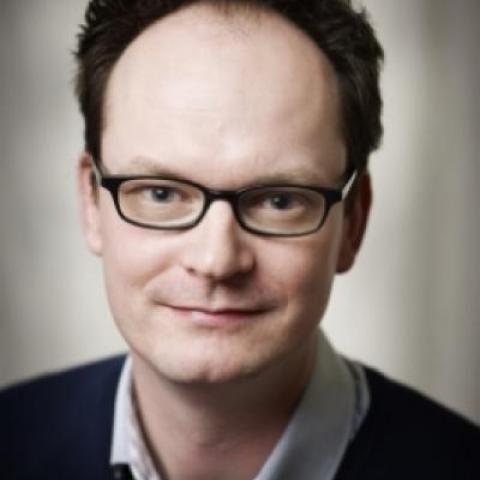Dr Martijn Kleppe, former Head of the Research Department of the KB.
During my PhD on Iconic Photographs I used several computational tools to build a database of photographs and took my first steps in Digital Humanities. It taught me what you can and can not expect from computational based research and gave me the opportunity to work as a postdoc on several Digital Humanities projects such as AXES-Access to Audiovisual Archives, Talk of Europe and PoliMedia, the latter in close collaboration with the KB. While working on these projects together with both computational scientists as well as broadcasters, libraries and heritage institutes (such as the BBC, Deutsche Welle, Netherlands Institute for Sound and Vision &the KB), I learned how much these institutes can benefit from these collaborations in terms of opening up their rich collections in new and innovative manner to reach larger and new audiences.
When I got the opportunity to work as a researcher-in-residence at the KB on the FoCon project, I even got a better impression of the challenges and opportunities heritage institutes face nowadays. The results of this project is the KBK-1M dataset, allowing Humanities researchers to analyse the visual contents of the newspapers in Delpher. At the same time, it also enables scholars in the Computer Vision domain to work with historical imagery in order to train their algoritms to automatically describe the contents of the photographs. If these results are promising this would allow institutes such as the KB to enrich and improve their metadata, creating a win-win situation.
After realizing these types of results of Digital Humanities project can be benefitial for both academics as well as cultural heritage institutes and after working at universities for 9 years, I seized the chance to move to the Research Department of the National Library of the Netherlands. I now work on similarlike projects as I did in academia but with a different perspective: how can we stimulate research projects with our fantasic data and implement the results of these projects within the organisation in order for the general public to get better, richer and more innovative access to our cultural history treasure?
